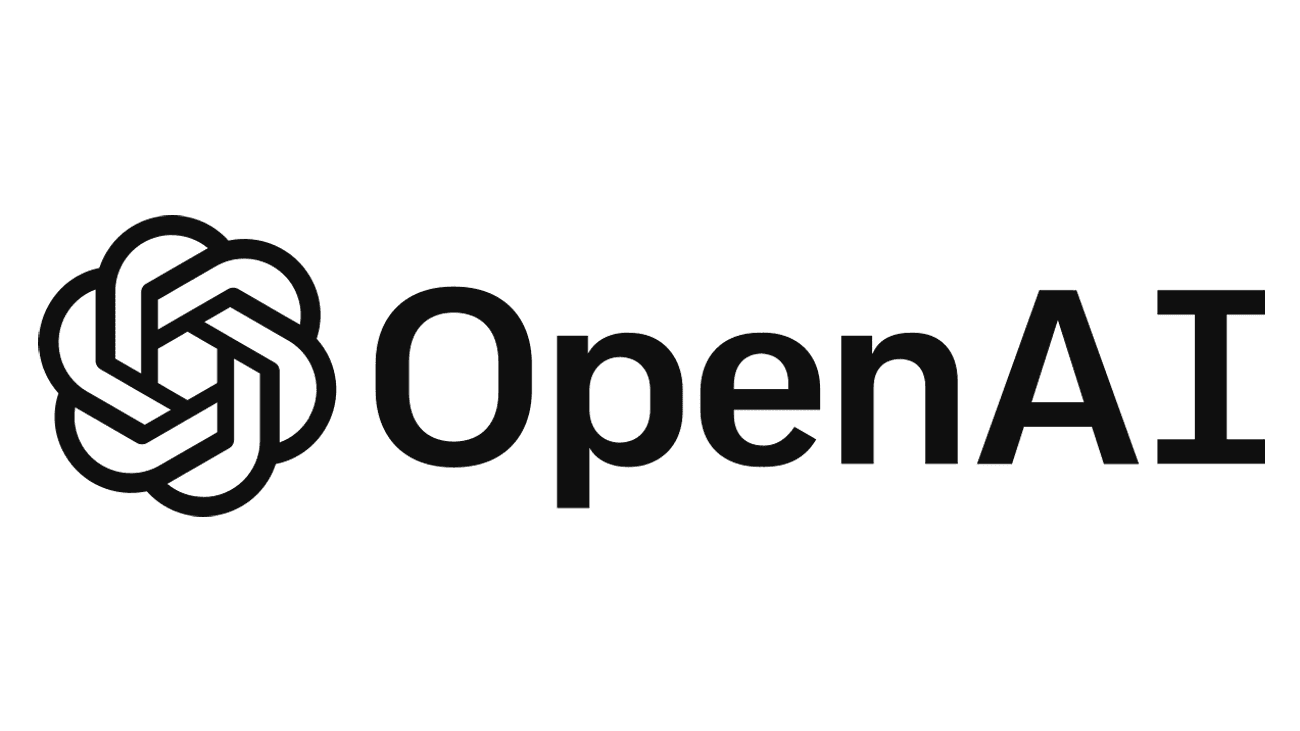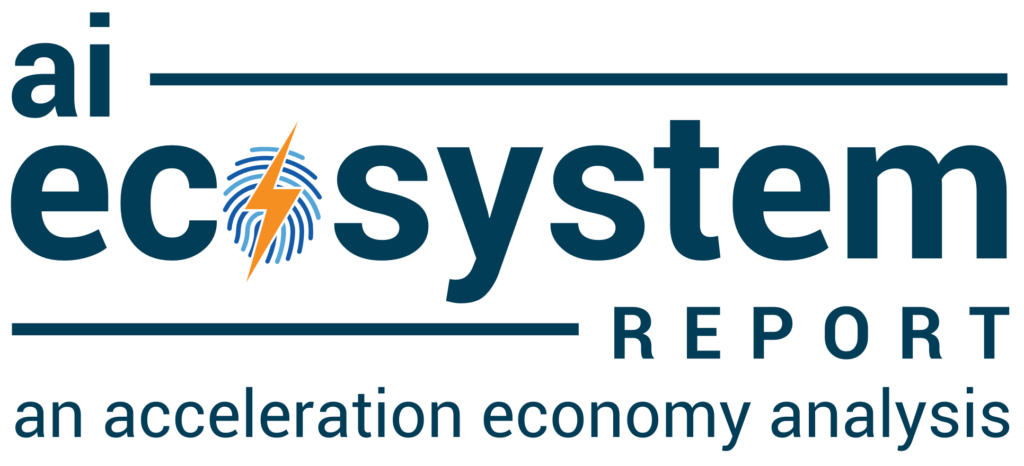
With its current leadership roles in the cloud and AI, it would be easy to lose sight of Microsoft’s long history in the software industry — the company will be 50 years old next year.
A quick recap: founded by Bill Gates and Paul Allen, Microsoft initially gained recognition for its MS-DOS operating system and proceeded to transform personal and business computing with the introduction of Windows, establishing itself as a global technology leader and beginning an innovation track record that continues to this day under the leadership of Satya Nadella, the company’s CEO since 2014.
Company Background
Over the years, Microsoft has grown and diversified its range of products. Today, it offers the widely used Windows operating system and the popular Microsoft 365 productivity suite (formerly known as Office). In addition, Microsoft has become a major player in the cloud computing market with its Azure platform — and it has been ranked as the number one cloud company in the world for several years in Bob Evans’ Cloud Wars Top 10. It also holds the number three position in the Acceleration Economy list of AI Ecosystem Top 12 Pioneers.
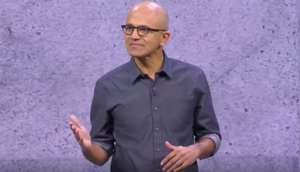
This newer designation reflects, among other factors, its significant strides in artificial intelligence through Azure AI and Microsoft Copilot, which boost productivity and simplify complex tasks.
In fiscal year 2023 — the last full year for which it reported financial results, Microsoft revenue was $211.9 billion; through the first three quarters of 2024, revenue is $180 billion and it regularly holds the top spot among the world’s most valuable companies with a market cap over $3 trillion. The company employs over 221,000 people.
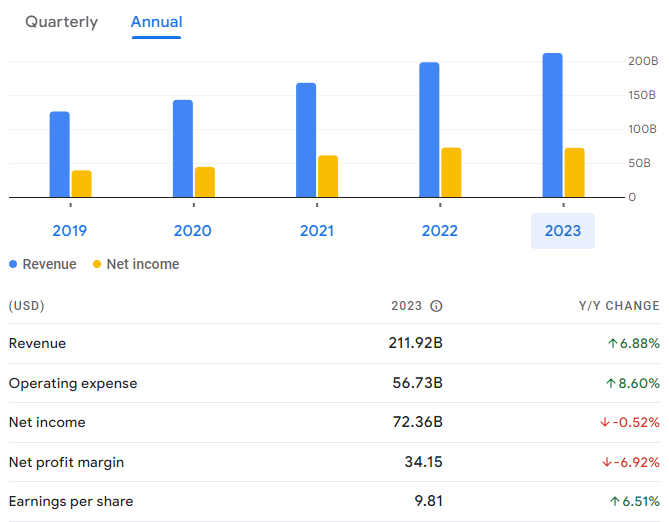
Technology Innovations
Microsoft has established itself as a leader in AI through several key innovations:
- Azure AI: This cloud platform offers a comprehensive set of services and tools for building, training, and deploying AI models. It supports applications ranging from natural language processing to machine learning, making it an essential platform for businesses. For example, the automobile manufacturer Volvo uses Azure AI to streamline invoice processing.
- Microsoft Copilot: Integrated into Microsoft 365 applications, Copilot leverages AI to automate tasks, provide intelligent suggestions, and enhance user productivity. A notable case is the use of Copilot by IT company Netlogic, which generated meeting summaries and communications to overcome productivity challenges and increase revenue.
- AI Studio and Copilot Studio: These platforms simplify the development of AI applications, leveraging the intuitive experience of Visual Studio to make AI development more accessible. For instance, multinational financial technology company PayPal used Copilot Studio to reduce the workload and costs of their support team, while increasing the engagement and loyalty of their employees.
Microsoft’s strategic positioning in the AI market is reinforced by these innovations, focusing on practical applications and user-friendly interfaces.

The company’s range of applications and AI innovations, moreover, position if favorably to address customers’ top AI priorities. A recent survey by Acceleration Economy (see chart) found business operations, customer service/experience, and supply chain are the most compelling GenAI applications to the highest percent of users, and Microsoft has AI-centric offerings that address all of these.
Strategic Ecosystem Partnerships
Microsoft’s success in AI is amplified by its strategic partnerships with key industry players including:
- OpenAI: Microsoft has integrated OpenAI’s models into its Azure platform, enhancing Azure AI’s capabilities and offering advanced tools to customers. For example, CarMax was able to use OpenAI to optimize the creation of text summaries for its car research pages, swiftly delivering valuable content to customers while also improving the pages’ search engine rankings. Of course, Microsoft is OpenAI’s largest investor, with a 49% stake in the massive upstart.
- Accenture: Together, Microsoft and Accenture deliver comprehensive AI solutions to enterprise clients, combining Accenture’s implementation expertise with Microsoft’s AI technology. This partnership has successfully implemented AI-driven solutions for companies like Unilever, improving their supply chain operations.
- NVIDIA: This partnership provides high-performance computing power for Azure AI, ensuring the platform can handle complex tasks efficiently. The collaboration has benefited clients like BMW, which uses Azure AI for advanced manufacturing processes.
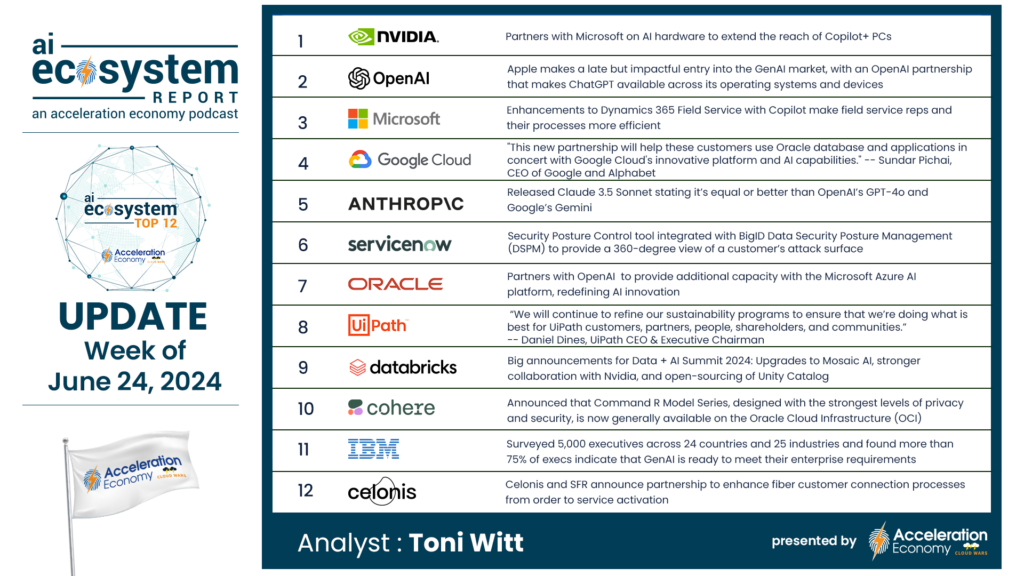
Microsoft’s partnerships are essential for staying ahead in AI. By working with OpenAI, Accenture, and NVIDIA (as well as many other prominent AI firms), Microsoft boosts its capabilities and delivers stronger AI products. These collaborations help businesses solve real problems, like improving customer service at CarMax or enhancing manufacturing at BMW. These alliances not only benefit Microsoft but also drive progress across industries, showing how powerful partnerships can be in advancing technology.
Key Customers
Microsoft’s AI products are trusted by numerous high-profile clients beyond those referenced above. Here are three noteworthy examples:
- Walmart: Utilizes Azure for cloud services and AI-driven analytics, enhancing data capabilities and improving supply chain efficiency. This partnership highlights the practical benefits of Microsoft AI products in retail operations, including better inventory management, optimized logistics, and improved customer experience through personalized services.
- Coca-Cola: Leverages Microsoft’s AI technologies to optimize business operations and improve customer engagement. Coca-Cola’s use of Azure AI has led to significant improvements in its marketing strategy and customer insights. The integration of AI-driven tools has also facilitated advanced product development, streamlined production processes, and provided real-time analytics for more effective decision-making.
- AT&T: Uses Microsoft’s AI and cloud services to enhance network operations and service delivery, demonstrating the utility of Microsoft’s technologies in the telecommunications industry. This collaboration has enabled AT&T to develop more robust network security measures, offer innovative customer service solutions, and utilize predictive maintenance to minimize downtime and improve overall service reliability.
These collaborations illustrate how Microsoft’s AI solutions can drive significant operational improvements and deliver substantial value to large enterprises across industries. The successful implementation of these technologies showcases Microsoft’s ability to provide versatile and scalable AI solutions that meet the diverse needs of its clients.
CIO Perspective
In my CIO role, selecting the right technology products is crucial for current projects and the future success of our company. We have consistently chosen Microsoft’s “stack” for various applications, including operating systems, productivity software, ERP, and development tools. This makes it logical to also consider Microsoft for our artificial intelligence needs, ensuring a familiar user interface and methodologies. However, this decision hinges on Microsoft’s AI technology being functionally competitive if not best in class.
Microsoft’s leadership in AI showcases its innovative approach and strategic foresight. By integrating AI across its product suite, Microsoft makes advanced technologies accessible and practical for businesses of all sizes.
Microsoft’s AI initiatives, such as Azure AI and Microsoft Copilot, highlight a comprehensive approach to leveraging AI for transformative business impact. The company’s strategic partnerships with leaders including OpenAI, Accenture, and NVIDIA further enhance its capabilities, providing robust and scalable solutions.
Looking ahead, Microsoft plans to continue expanding its AI capabilities, with a focus on ethical AI development and sustainability. Future developments may include enhanced AI-driven tools for industries like manufacturing, reinforcing Microsoft’s commitment to innovation and its potential value to companies like mine.
Microsoft’s holistic approach to AI integration and its commitment to delivering tangible business benefits solidify its market leadership. This focus on practical applications and customer success underscores why Microsoft remains a top player in the AI ecosystem.
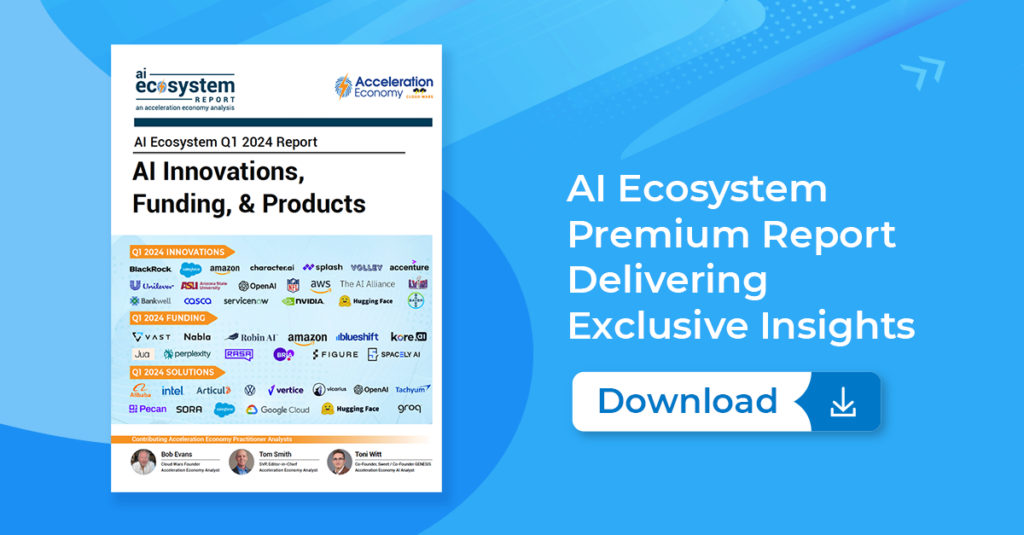
The AI Ecosystem Q1 2024 Report compiles the innovations, funding, and products highlighted in AI Ecosystem Reports from the first quarter of 2024. Download now for perspectives on the companies, investments, innovations, and solutions shaping the future of AI.





